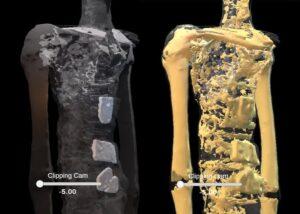Simulation : The Demiurge and The Imperfection of The Universes
Last updated on January 23rd, 2024 at 07:24 pm
_χρόνος διαβασματός : [ 5 ] minutes
It is always astonishing to realize that those who walked on this planet millennia ago had an understanding of stunning discoveries that we have today, despite using their own epoch’s concepts and metaphors to express their own descriptions.
Authored by Plato via Timaeus
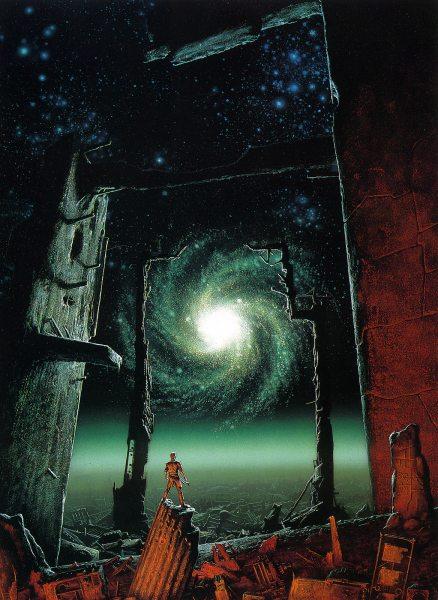
Who made this Simulation? Plato had his own ideas about it, but from a scientific perspective, his descriptions were lacking. Now, with the benefit of modern knowledge, we are able to further develop and refine these ideas.

In Plato’s philosophy, the Demiurge is a divine intellect that plays a central role in the creation of the material world. The term “Demiurge” derives from the Greek dēmiourgos, meaning “artisan” or “craftsman”, and Plato used the concept to explain how the world of becoming can emerge from the world of being. Given this perspective, what distinguishes Plato’s conception of the Demiurge from the Simulation theory? The Demiurge created this simulation, what we perceive as physical, everything we see, we listen at, we touch. Nothing is real. So if the Demiurge created the physical world as we know it, how do we interpret the idea that everything in our experience is a simulation and not real?
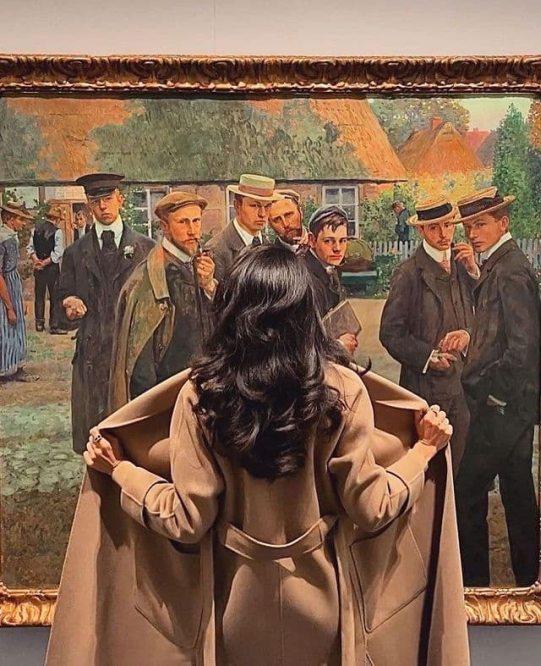
According to Plato, the Demiurge is a divine entity that is responsible for organizing and shaping chaotic matter into the physical universe. The Demiurge is the creator of the world, but not the creator of the material from which the world is made. In the Timaeus dialogue, Plato describes the Demiurge as a benevolent craftsman who works with eternal forms, or Ideas, to create the physical world. The idea that the Demiurge is the creator of the world, but not the creator of the material from which the world is made, refers to the concept in some philosophical traditions that the Demiurge is a divine intellect responsible for fashioning and maintaining the physical universe.
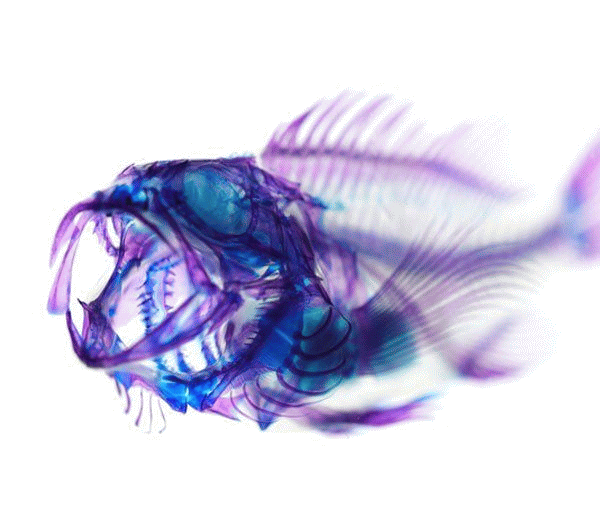
However, the material from which the Demiurge creates the world is not considered to be created by the Demiurge itself, but rather is considered a consequence of something else. This idea is important because it distinguishes the Demiurge from a creator figure in the monotheistic sense , as the Demiurge and the material world are viewed as derived from other sources. It is a concept that appears in various schools of philosophy, including Platonic, Neopythagorean, Middle Platonic, Neoplatonic, and Gnostic traditions. To make it easiest: you can’t create a piece of software using your flesh and blood.

The Demiurge is not a personal God in the traditional sense, but rather an impersonal force or intelligence. The Demiurge is characterized by reason, wisdom, and goodness, and has a deep understanding of the forms which it uses to create the world.
Plato believed that the Demiurge was the highest and most perfect being in the universe, and that its creation was the best possible world that could exist.

One important element of Plato’s doctrine of the Demiurge is the theory of the Forms. According to this theory, the physical world is an imperfect copy of a perfect world of eternal forms or Ideas that exist in a realm beyond the physical world. The Demiurge uses these perfect forms as blueprints to create the physical world, which is an imitation of the perfect world.
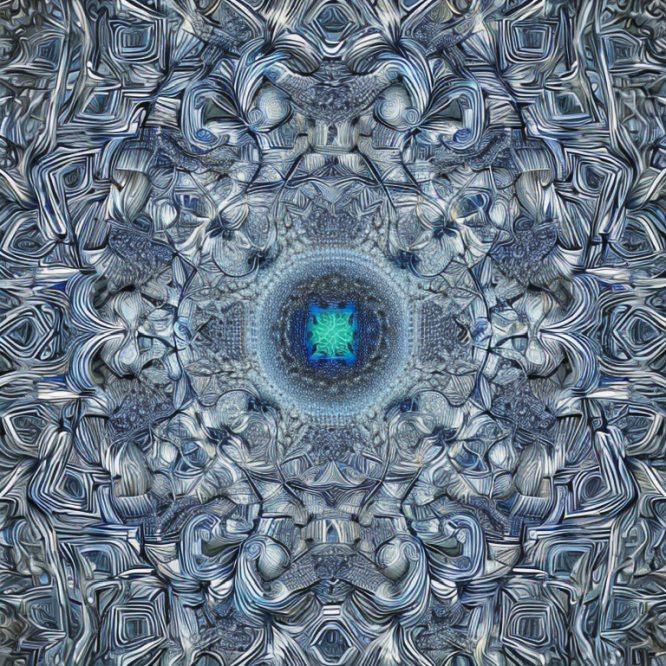
One could argue that the Simulation is also an imperfect copy of the world that is being simulated. In both cases, there is a perfect world or reality that exists beyond the physical or simulated world that humans experience, and the physical or simulated world is in some sense a copy or imitation of that perfect reality. Additionally, in both cases, there is a creator or creators responsible for bringing the physical or simulated world into existence. In the case of the Demiurge, the perfect forms are used as blueprints, while in the Simulation theory, software or technology is used to create the simulated reality. Overall, there are similarities between the two concepts, such as the idea that humans experience a less-than-perfect version of reality, and that this imperfect version is created by a higher power.

Another key concept related to the Demiurge is that of the soul. In the Phaedrus dialogue, Plato describes the soul as being composed of three parts: the rational, the emotional, and the appetitive. The rational part of the soul is associated with the Demiurge and is capable of understanding the eternal forms that the Demiurge uses to create the world. By contemplating these forms, the rational part of the soul can attain knowledge of the divine. We could argue that we have obtained it now, but as we have read, we have always been able to obtain it and always will be able to obtain it because we are directly connected to the Demiurge or Simulation and are part and parcel of it.
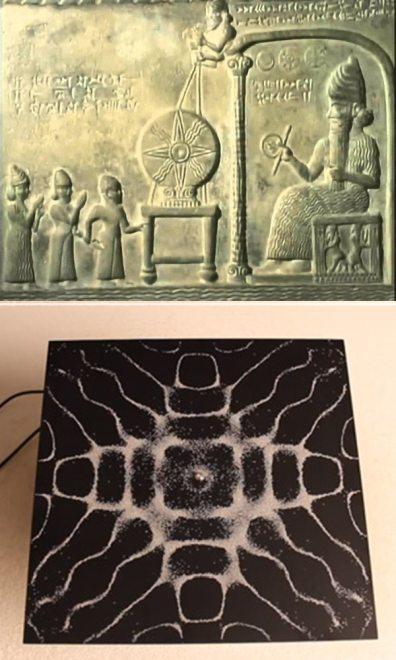
While the concept of the Demiurge is central to Platonic metaphysics, it also raises some important philosophical questions. One of the most pressing of these questions concerns the problem of evil. If the Demiurge is a perfect and benevolent creator, then why does the physical world contain so much suffering and evil? Plato attempted to address this problem by arguing that the material world is an imperfect copy of the perfect world of forms, and that imperfections and evils are due to matter and are not the fault of the Demiurge. Plato suggested that there could be no evil among the forms, only in the physical world.
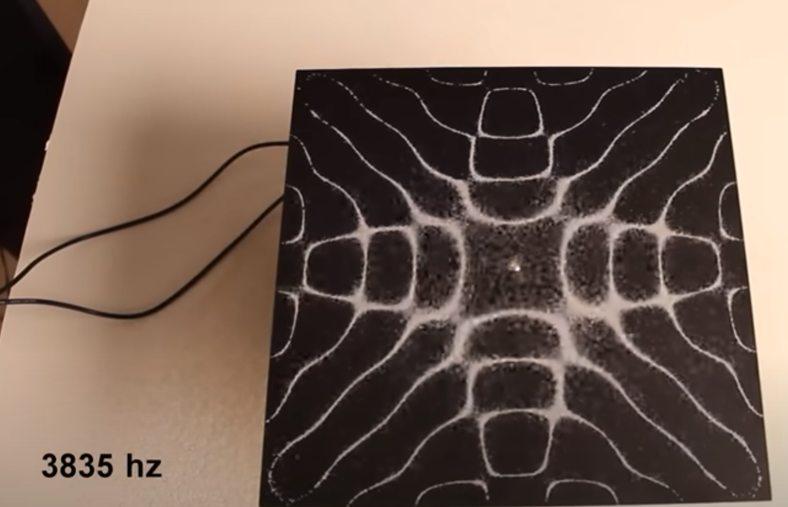
One way to accord the problem of evil in relation to the concepts of the Demiurge and the Simulation is to consider the idea that both concepts involve imperfect copies of an ideal reality or world. In both cases, the physical or simulated world is not the perfect and benevolent reality that the creator(s) intended to create. Therefore, the problem of evil in these contexts can be seen as a result of the imperfections and limitations inherent in the copying or simulation process. In other words, what we call ‘evil’ is another unavoidable parameter due to our imperfections, and the Simulation is continuously sculpting this data, one datum at a time.

Furthermore, in the case of the simulation theory, the problem of evil can also raise questions about the ethics and morality of the creators responsible for the simulated reality. If a simulation is created with suffering and evil as part of its design, what does this say about the intentions and actions of the creators? However, it could be argued that evil isn’t real, since everything is a construct.
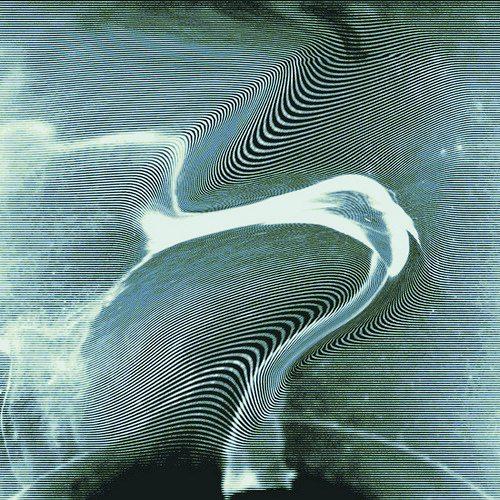
The idea of humans as a form of intelligence in the image of the creators could suggest that our understanding of the simulated reality is shaped by the creators themselves, as they mold the reality and the ways in which we interact with it. In this sense, the nature of knowledge in a simulated reality may be similarly influenced by the creators’ intentions and actions, as well as the imperfections inherent in the simulation process. In summary: what if our creators created the perfect being using these simulations, or universes?
Perfection can only arise from imperfections.

–
“Do Not Question The Nature of One’s Own Reality It’s A Sin Against God”
If you are interested in any of the issues raised in this article, please call the Samaritans for free on +44 116123 or visit their division at: https://www.samaritans.org
If you liked the post and want contribute to its cause leave us a contribution, anonymity guaranteed thanks to Monero :




